This report, The Role of Healthcare in Reducing Inequalities and Poverty in the EU, published by the European Commission, explores how public healthcare can alleviate social and economic disparities across EU Member States. Chapter 2 examines household-level...
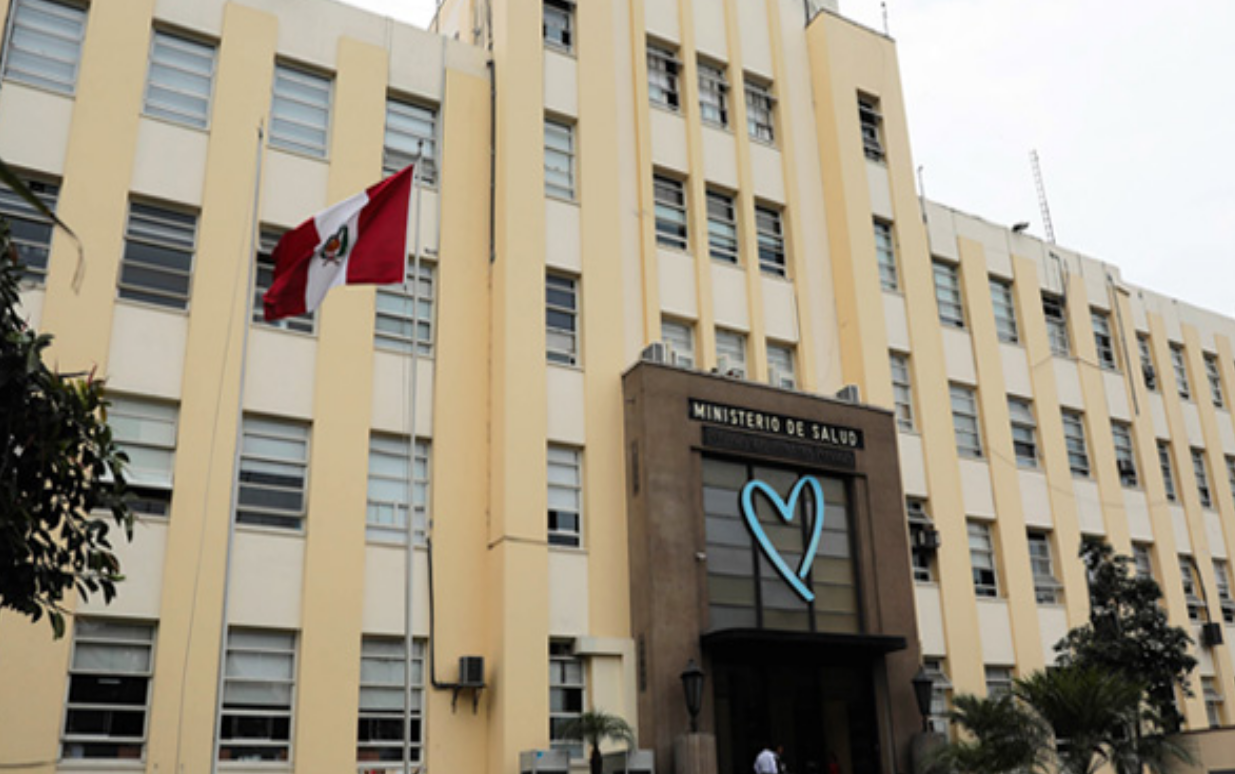
HIV-AIDS treatment guaranteed free of charge by MINSA in Peru
In September 2025, despite declining international support for health funding, the government of Peru is making efforts to guarantee free treatment for people living with HIV/AIDS.Peru's Ministry of Health (MINSA) announced at the beginning of September 2025, that it...
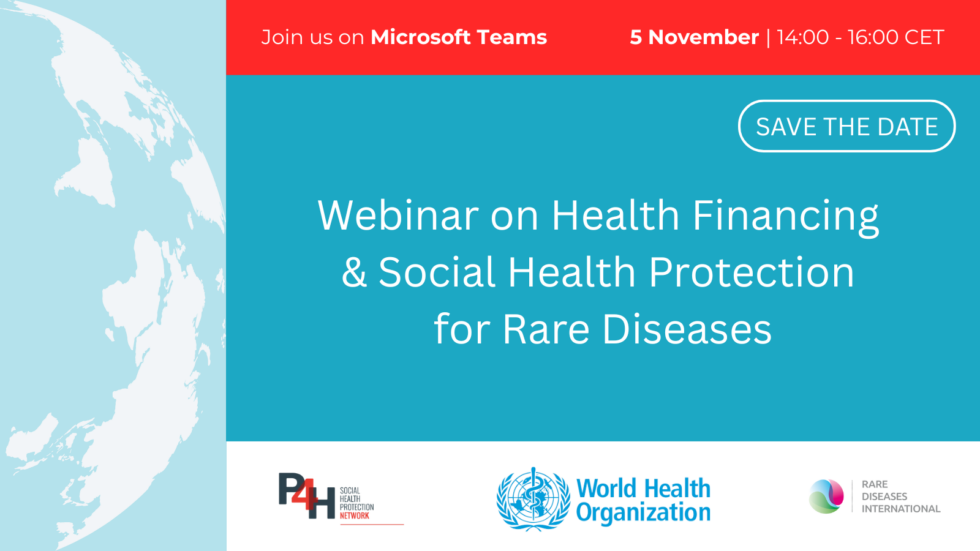
Health Financing & Social Health Protection for Rare Diseases
Rare Diseases International (RDI) and the P4H Network are proud to share the outcomes of our joint initiative on health financing and social health protection for rare diseases. Read the report of the webinarRare Diseases International (RDI) and the P4H Network have...
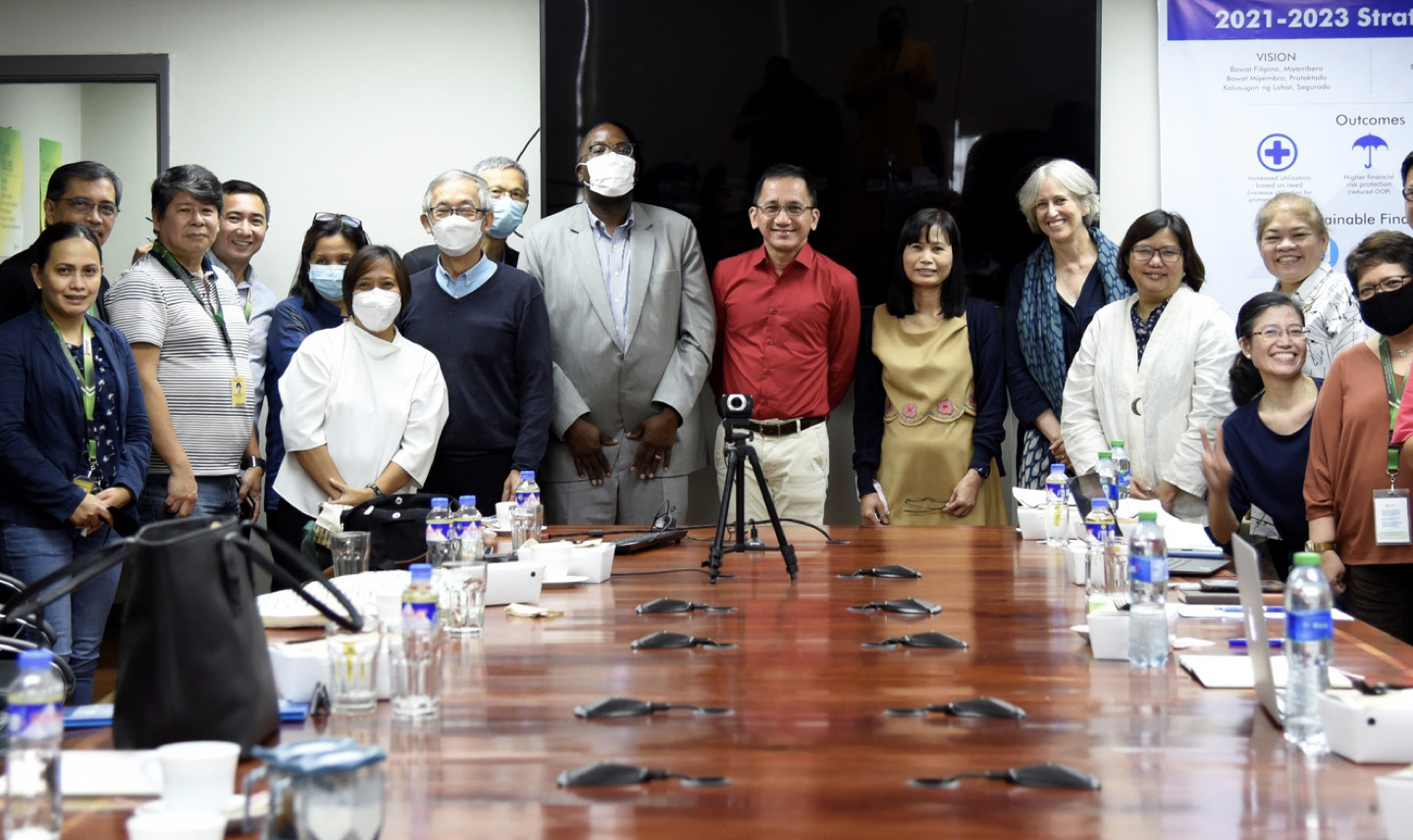
Philhealth explores data-driven overhaul of hospital payments for universal healthcare
Philippine health officials, with support from Thailand’s NHSO and the World Bank, are studying global budgets, DRG systems, and electronic claims to cut out-of-pocket costs and advance universal health care. Lessons from Thai hospitals aim to guide PhilHealth’s DRG...
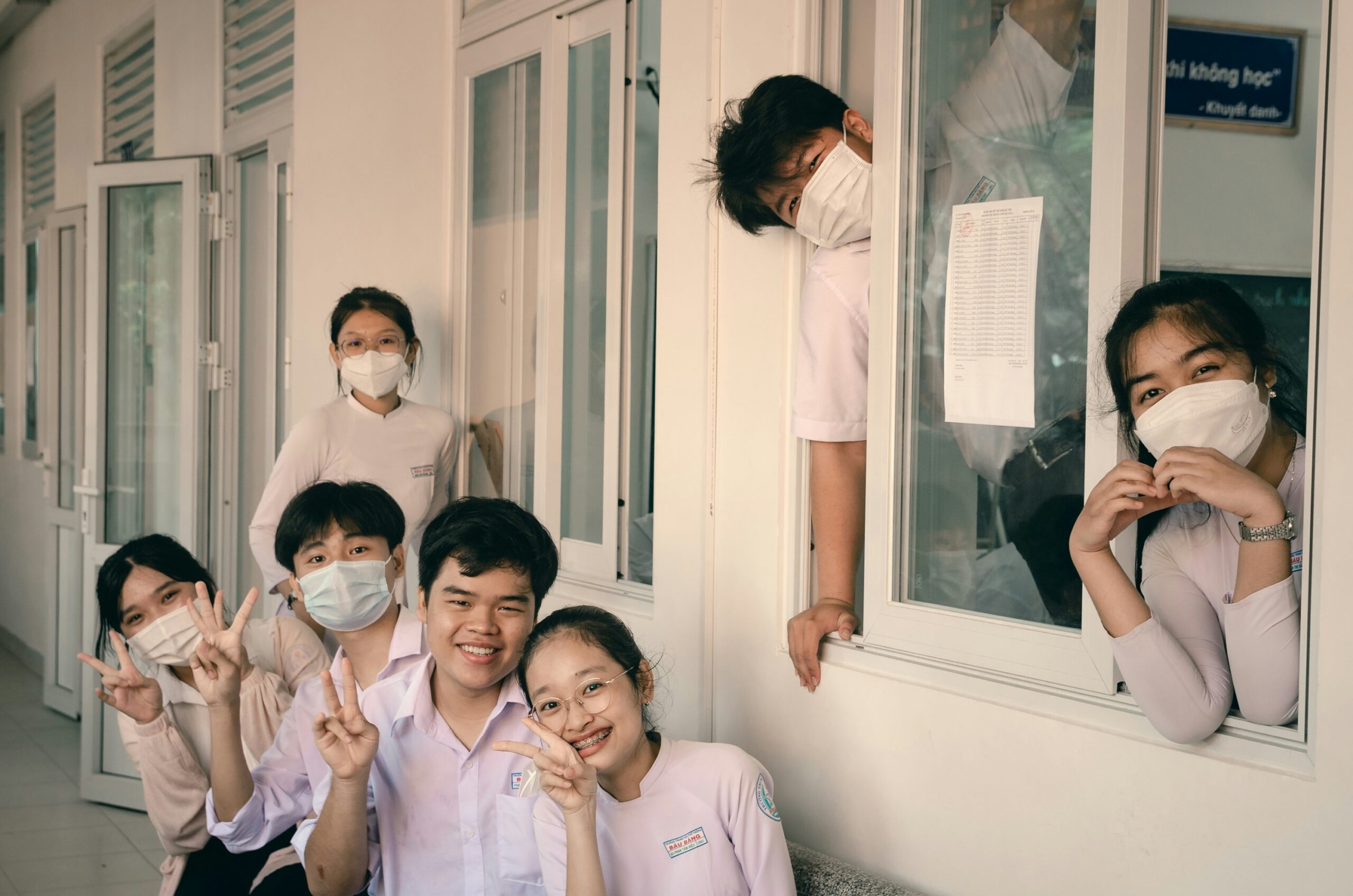
All citizens in Vietnam to receive basic medical care free of charge by 2030
Vietnam’s Resolution 72 charts major healthcare reforms, shifting focus to prevention and primary care. By 2030, commune stations will be fully staffed, essential costs covered by insurance, and digital health expanded. Incentives, training, and ethics aim to build a...
Disease-specific distress healthcare financing and catastrophic out-of-pocket expenditure for hospitalization care in Bangladesh
This study examined out-of-pocket (OOP) expenditures for hospitalization in Bangladesh using data from the 2022 Household Income and Expenditure Survey covering 14,395 households. The average annual OOP cost per hospitalization was USD 418, nearly twice as high in...
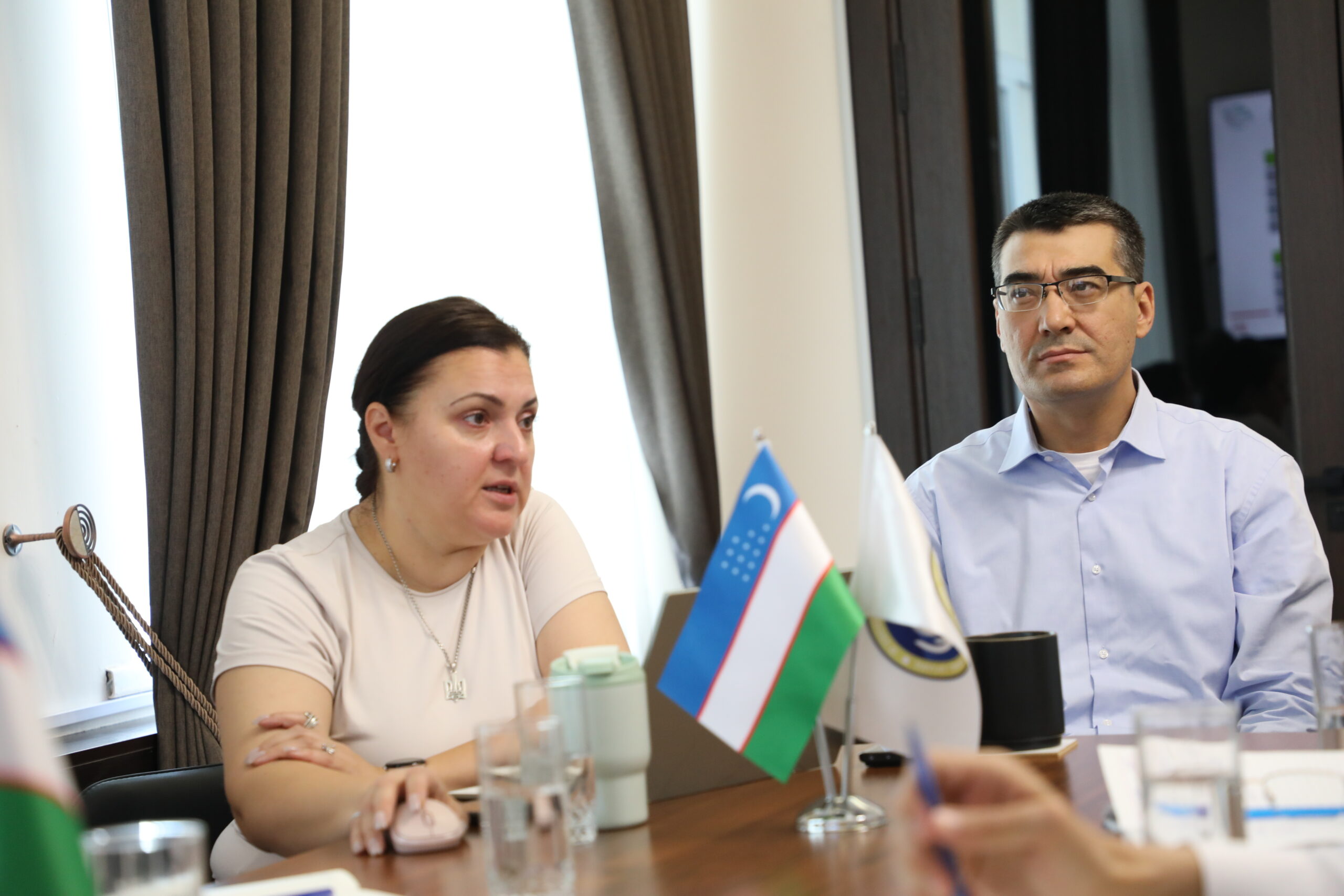
Strengthening Drug Reimbursement in Uzbekistan
GIZ BACKUP Health supports Uzbekistan’s State Health Insurance Fund in scaling up its drug reimbursement system — advancing universal health coverage and improving access to essential medicines.In June and September 2025, consultant Nataliia Hnatyuk provided targeted...
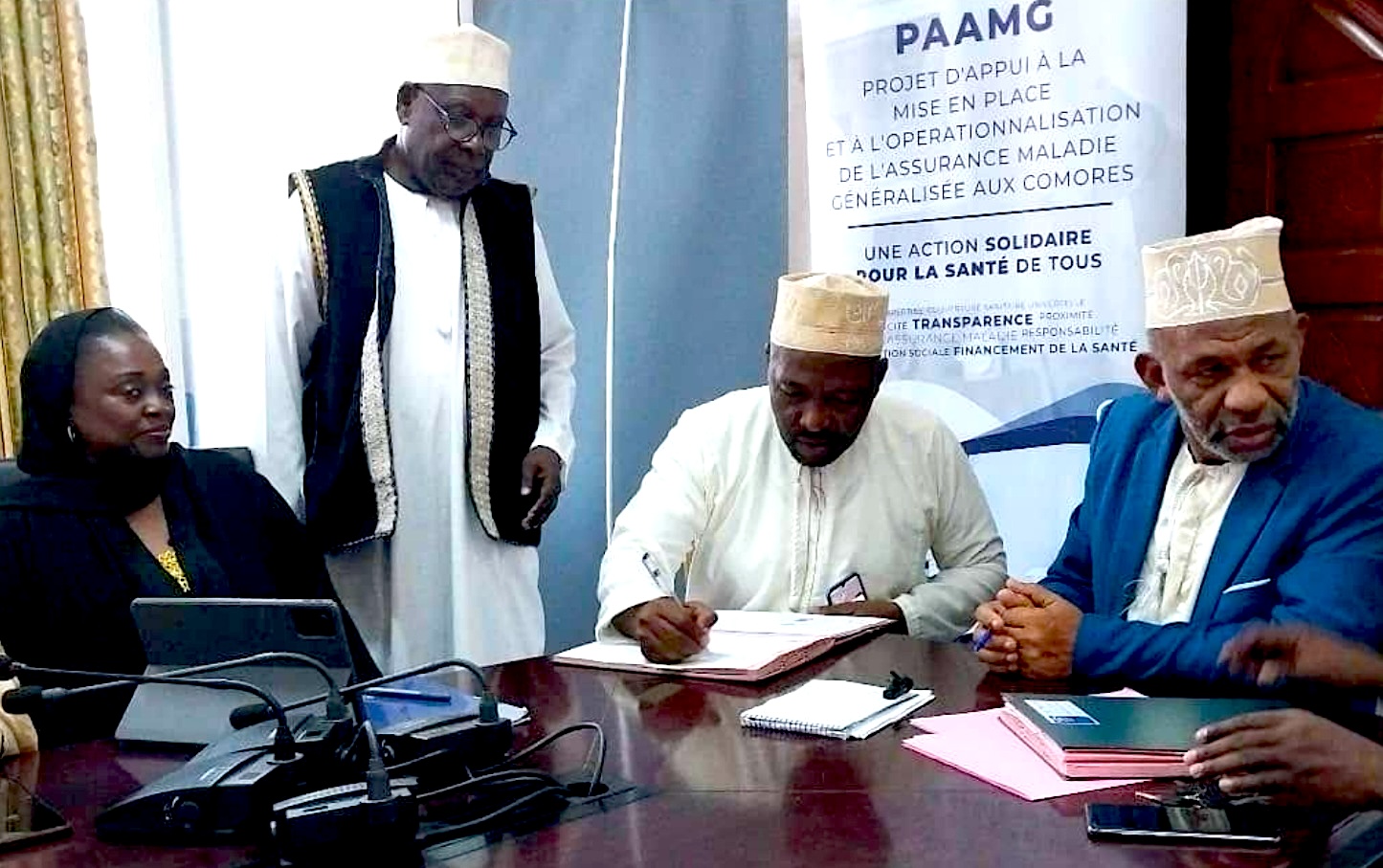
Pilot phase of health insurance in Comoros
The experimental phase of generalized health insurance in the Comoros was launched in June 2025. This is a concrete step towards universal health coverage in the country. In June 2025, the pilot phase of generalized health insurance in the Comoros was agreed between...

Results of the free mother-child care policy in Burkina Faso
Since 2016 there has been a national policy of free healthcare for mothers and children in Burkina Faso. The government returned the fairly positive results of evaluation missions of this policy in Ouagadougou in June 2025, with some recommendations to improve...
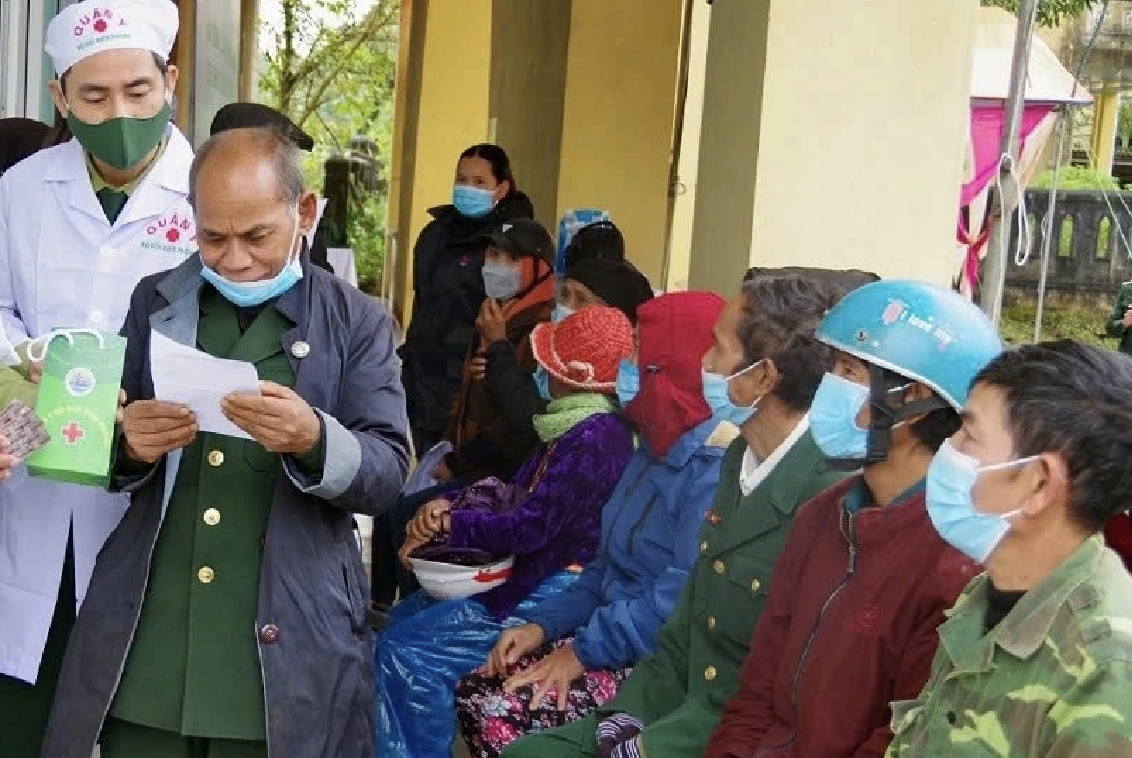
Vietnam planning to implement the universal hospital fee exemption policy
Vietnam’s Resolution 72 sets a roadmap to exempt basic hospital fees by 2030 through health insurance. Starting 2026, citizens get free annual check-ups and digital health records. Funded by the state and insurance, the reform reduces out-of-pocket costs, prioritizes...

Cabinet set to review National Health Insurance Bill as Zimbabwe targets universal health coverage
Zimbabwe has finalised its National Health Insurance Bill, set for Cabinet approval and rollout by 2026. Funded through earmarked taxes, it guarantees full primary care coverage and scales up at higher levels, aiming to reduce out-of-pocket costs and ensure equitable,...
Can people afford to pay for health care? New evidence on financial protection in Italy
Italy experiences higher catastrophic health spending than many EU countries, predominantly affecting low-income, southern-region, and pensioner-headed households, driven by outpatient medicines and care for poorer groups and dental care for wealthier ones....
Delivering on Health and Financial Protection for All: Financing Benchmarks for Essential NCD Services and Options for Improving Access to Affordable NCD Medicines
The report published by the NCD Alliance addresses one of the most pressing global health challenges of our time. Chronic illnesses such as cancer, diabetes, cardiovascular and respiratory diseases, along with mental health conditions, now account for the majority of...
Inequalities and trends in access to health insurance and essential public health services among internal migrants in china: 2013 to 2018
China’s 2009 health-care reform expanded Universal Health Coverage (UHC), but inequalities persist for internal migrants. Analysis of nearly one million migrants (2013–2018) showed high medical insurance enrollment (87.4%) and financial protection improvements, but...
The impacts of removing pharmaceutical co-payments for chronic conditions at primary care level: a pilot study in rural China
A rural China policy waiving copayments for essential medicines in primary care (PC) significantly increased PC visits by 44% and outpatient spending at PC facilities by 40%. At the same time, outpatient hospital visits fell by 26%, though hospital spending and...
